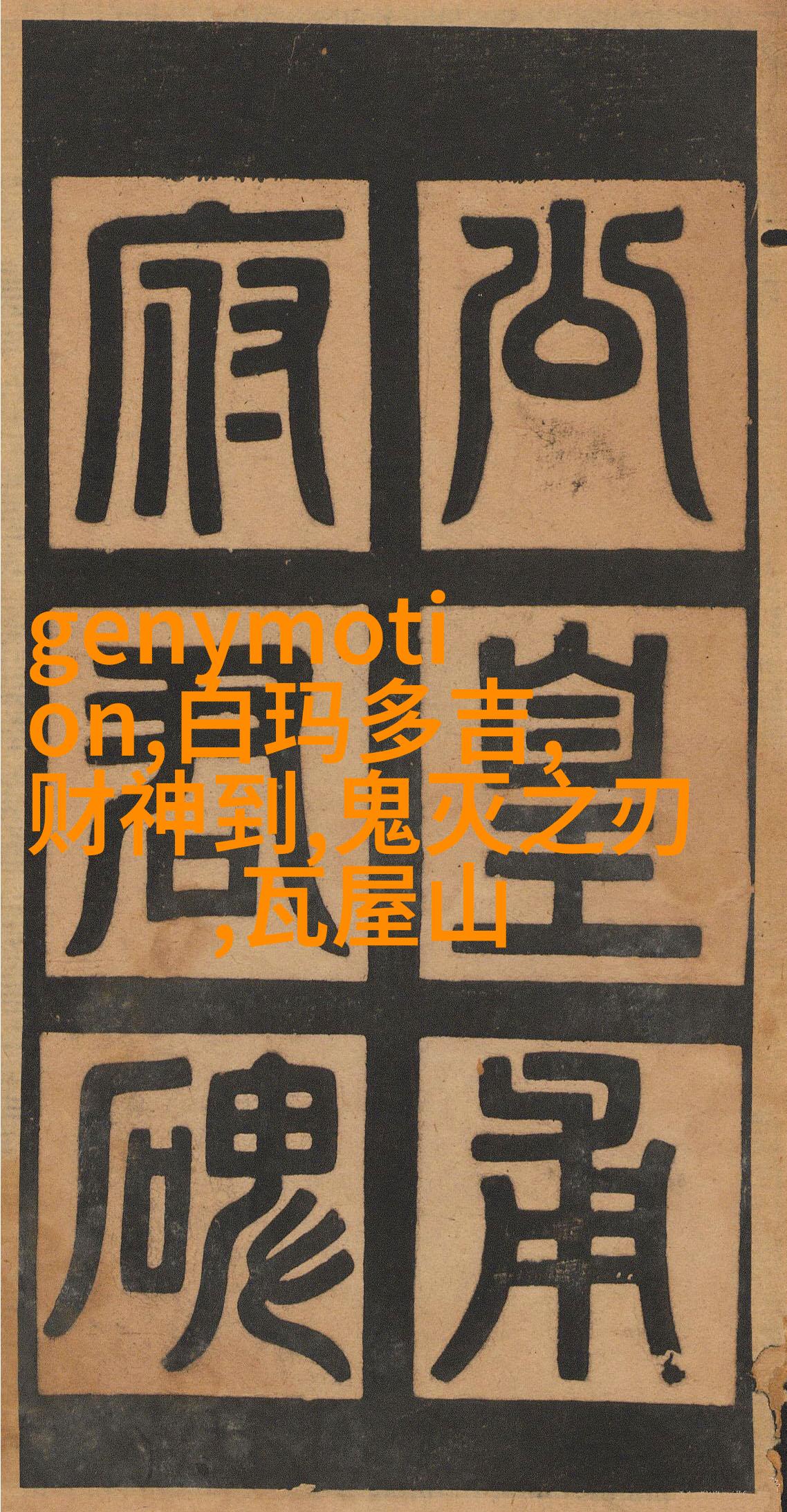装男人-铁血铠甲下的温柔探索男性在社会中的角色演绎
在这个快速变化的社会中,人们对“男人”的定义也在不断地演变。传统意义上的男子汉气概——强壮、坚韧和不屈—is still a highly valued trait in many cultures. But as society evolves, so do the expectations of what it means to be a man.

In this article, we will explore the concept of "装男人" (playing the role of a man) and how it intersects with traditional gender roles. We will examine real-life examples and discuss the implications of these expectations on individuals and society as a whole.
One common misconception about men is that they are always stoic and unemotional. In reality, men also experience emotions like sadness, fear, and vulnerability just like women do. However, societal pressure often dictates that men suppress these feelings to conform to traditional masculine norms.

For instance, consider John who works in an engineering firm. His colleagues expect him to be tough and unemotional when dealing with complex technical issues. While John does his best to meet these expectations by maintaining a composed demeanor at work, he finds himself bottling up his frustrations at home due to lack of emotional support from his male friends.
Another aspect of "装男人" is physical strength. Men are often expected to engage in sports or other physically demanding activities as part of their identity-building process. This can lead them down dangerous paths such as steroid use or competitive aggression towards others.

Take Jack's case for example: He was once an avid weightlifter but eventually turned into bodybuilding enthusiast after being pressured by peers into taking steroids for muscle growth purposes only for health complications later on; all because he felt compelled by social norms that equated masculinity with muscular physique.
Moreover,"装男人" can also refer to adopting certain behaviors or mannerisms associated with traditional masculinity such as being assertive or dominant over others without regard for empathy nor understanding different perspectives which may result in alienating themselves from those around them including close friends & family members ultimately leading isolation & loneliness

Lastly,"装男人" might involve hiding one's true interests if they're deemed too feminine according to societal standards – For instance Alex had passion for knitting however he kept it secret fearing ridicule from fellow coworkers who viewed knitting exclusively female domain thus depriving him joy derived through creative expression
In conclusion,"装男人" encapsulates both positive aspects like strength resilience courage loyalty honor integrity & leadership qualities while negative ones include suppressing emotions resorting aggression focusing solely on material success etc As we continue evolve our definition Of manhood let us embrace both sides—tradition AND change—so each individual can find their own path toward self-discovery personal growth & happiness
